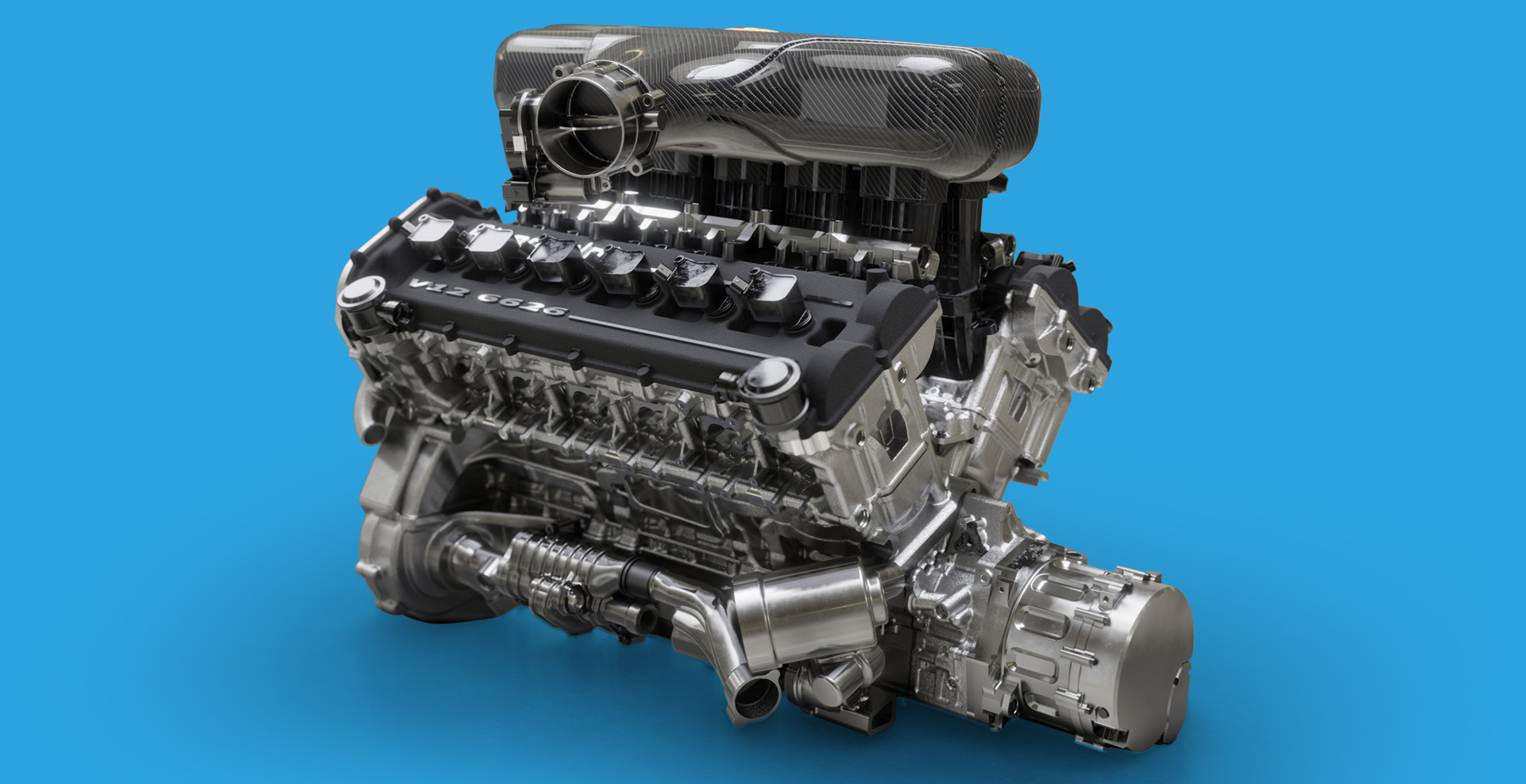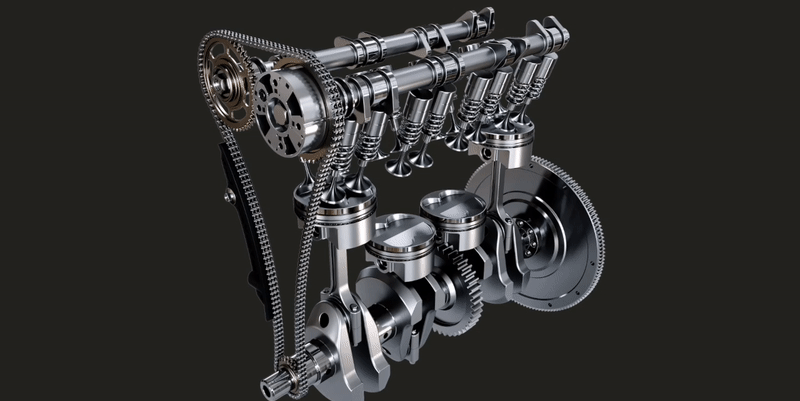Obtain the Perfect Fit with Engines For Africa's Diverse Option
Obtain the Perfect Fit with Engines For Africa's Diverse Option
Blog Article
Discover a Large Range of Engines for each Vehicle and Objective
The vehicle landscape is increasingly complicated, with a varied range of engine kinds designed to meet specific performance and effectiveness demands throughout different car groups. From the high-performance engines that power sporting activities automobiles to the fuel-efficient choices customized for everyday travelling, the options are substantial and differed. In addition, heavy-duty engines offer the requirements of work vehicles, while environmentally friendly choices are obtaining traction in the quest of lasting transportation. Recognizing these distinctions is important for making notified choices, particularly as emerging modern technologies proceed to shape the future of automotive design. What implications might these improvements hold for manufacturers and customers alike?
Kinds of Automotive Engines
Automotive engines can be categorized into a number of distinctive types, each made to fulfill details performance and effectiveness needs. The most typical classifications include interior combustion engines, electric engines, and hybrid systems.

Electric engines, on the other hand, operate electrical power stored in batteries, supplying instantaneous torque and zero emissions. These engines are ending up being progressively preferred due to developments in battery innovation and the expanding emphasis on sustainability.
Hybrid systems incorporate both inner combustion and electrical engines, allowing cars to optimize fuel efficiency and lower discharges by effortlessly switching between source of power. Each engine type offers its benefits and disadvantages, influencing aspects such as automobile layout, intended usage, and market need. When selecting the ideal engine for their details needs., understanding these differences is crucial for customers and producers alike.
Performance Engines for Sports Cars
Performance engines for sporting activities cars and trucks are specifically crafted to provide enhanced dexterity, power, and speed, setting them besides conventional auto engines. These engines usually utilize sophisticated technologies such as turbocharging, supercharging, and variable shutoff timing to make best use of efficiency and responsiveness.
Normally, performance engines are developed with higher compression proportions, which allow for greater power removal from fuel. This causes impressive horsepower and torque numbers, making it possible for fast velocity and higher leading rates. Furthermore, the lightweight materials used in these engines, such as aluminum and carbon fiber, add to decreased general automobile weight, enhancing handling and maneuverability.
Engine setups like V6, V8, and even hybrid systems prevail in efficiency cars, each offering unique benefits in regards to power shipment and driving dynamics. The tuning of these engines is additionally crucial; many manufacturers optimize the engine management systems to give a thrilling driving experience, often including sporting activity modes that change throttle response and equipment shifts.
Effective Engines for Daily Commuters
In the world of day-to-day commuting, effective engines play an important function in optimizing gas economic situation and decreasing exhausts while supplying trusted performance. As urban populations expand and ecological worries escalate, the demand for lorries outfitted with efficient powertrains has actually surged.
Modern engines developed for daily commuters often integrate modern technologies such as turbocharging, straight fuel shot, and hybrid systems. Turbocharging improves engine efficiency forcibly more air into the burning chamber, permitting smaller sized, lighter engines that do not endanger power output. Direct fuel shot improves fuel atomization, causing better burning and enhanced efficiency.
Crossbreed engines, incorporating inner combustion with electric power, additional increase gas economic climate, especially in stop-and-go web traffic, where typical engines can experience from inadequacies. Electric motors aid during velocity and can operate separately at reduced speeds, reducing general fuel intake.
In addition, developments in engine administration systems and light-weight materials contribute dramatically to efficient engine layout. By concentrating on efficiency, sturdiness, and environmental sustainability, manufacturers remain to check supply engines that not just satisfy the needs of daily commuting yet likewise line up with global efforts to lower carbon footprints.
Heavy-Duty Engines for Work Cars
Heavy-duty engines for job cars are regularly crafted to deliver exceptional torque and reliability under demanding problems. These engines are designed to perform in environments where conventional engines may falter, such as building websites, logging operations, and farming settings. The key emphasis of heavy-duty engines is their ability to create high degrees of power while keeping durability over prolonged durations of procedure.
Commonly, sturdy engines make use of sophisticated products and robust building and construction techniques to withstand the roughness of heavy work. Functions such as reinforced cyndrical tube blocks, enhanced air conditioning systems, and progressed gas shot innovations add to their effectiveness. These engines typically run at reduced RPMs, which aids to enhance fuel performance while offering the necessary power for transporting and hauling.
Along with mechanical toughness, sturdy engines are often outfitted with innovative digital control units (ECUs) that take care of efficiency, exhausts, and diagnostics. This combination enables better surveillance and maintenance, ensuring that job lorries continue to be functional and effective.
Ultimately, durable engines are a crucial element in the productivity of various industries, supplying the required power and integrity to deal with the toughest of jobs.
Eco-Friendly Engine Options
The expanding focus on sustainability has actually resulted in the advancement of environmentally friendly engine options that prioritize reduced exhausts and boosted gas efficiency. These engines are designed to lessen the environmental influence of cars while still providing the efficiency and dependability expected by customers.
Among the most noteworthy environmentally friendly alternatives are hybrid and electrical engines. Hybrid engines incorporate typical internal combustion engines with electric propulsion, allowing for reduced gas consumption and reduced greenhouse gas emissions. Electric engines, on the various other hand, operate totally on battery power, generating zero tailpipe emissions and adding to cleaner air high quality.
Another promising development is the advancement of biofuel engines, which make use of renewable energies, such as plant materials, to power cars (Engines For Africa). By utilizing biofuels, these engines can minimize dependence on nonrenewable fuel sources and lower total carbon impacts

As the auto sector develops, environmentally friendly engine choices will play a vital duty in driving the transition in the direction of more lasting transport remedies.
Conclusion
From high-performance engines that improve sporting activities automobile abilities to effective versions focusing on fuel economic situation for daily commuters, each kind offers a certain feature. Durable engines cater to robust work automobiles, while environment-friendly options, such as electric and biofuel engines, advertise lasting transportation.

Report this page